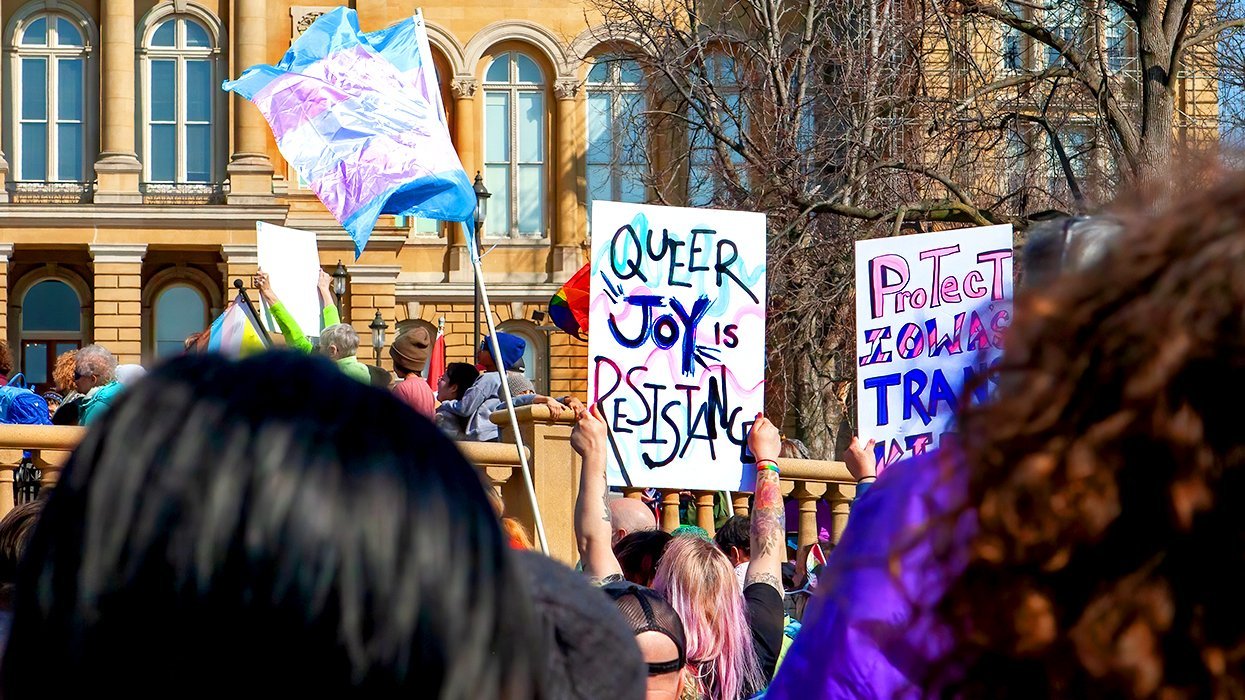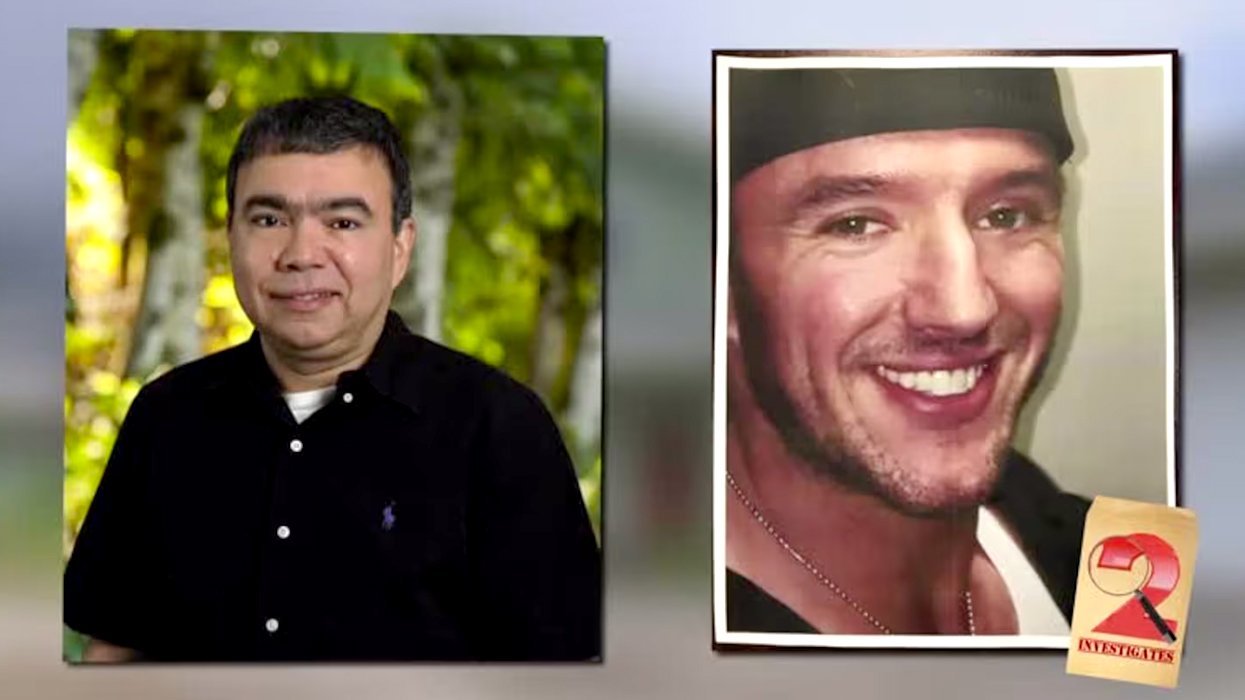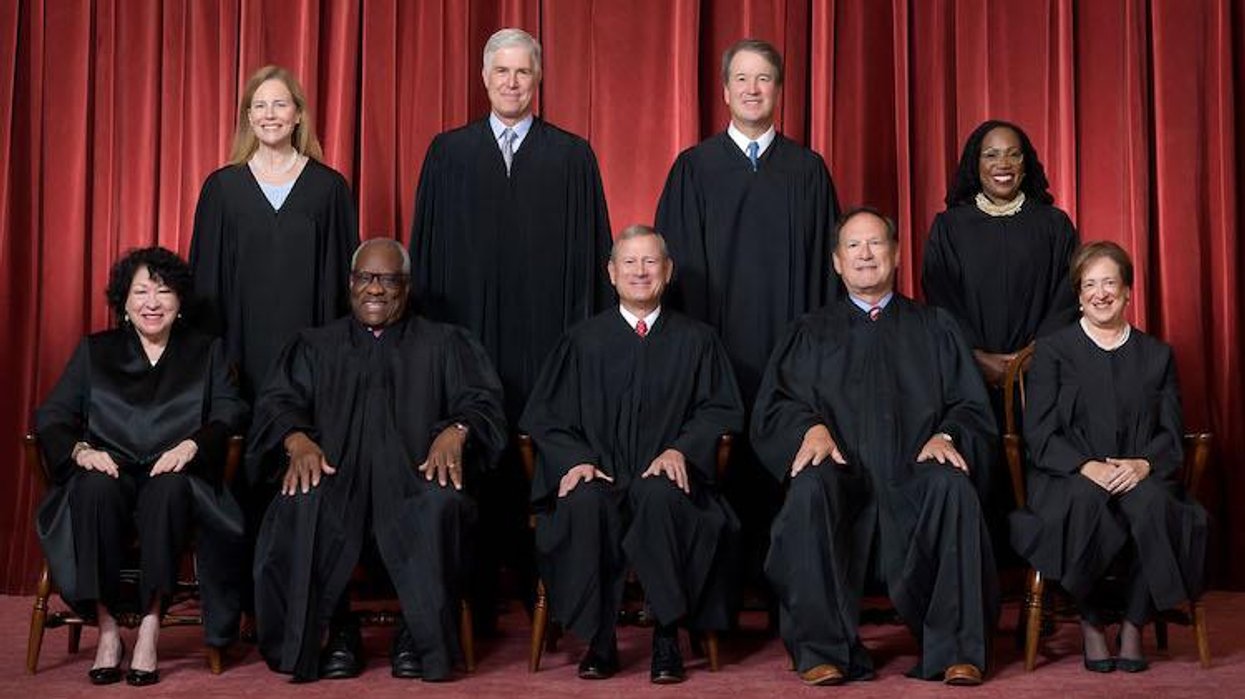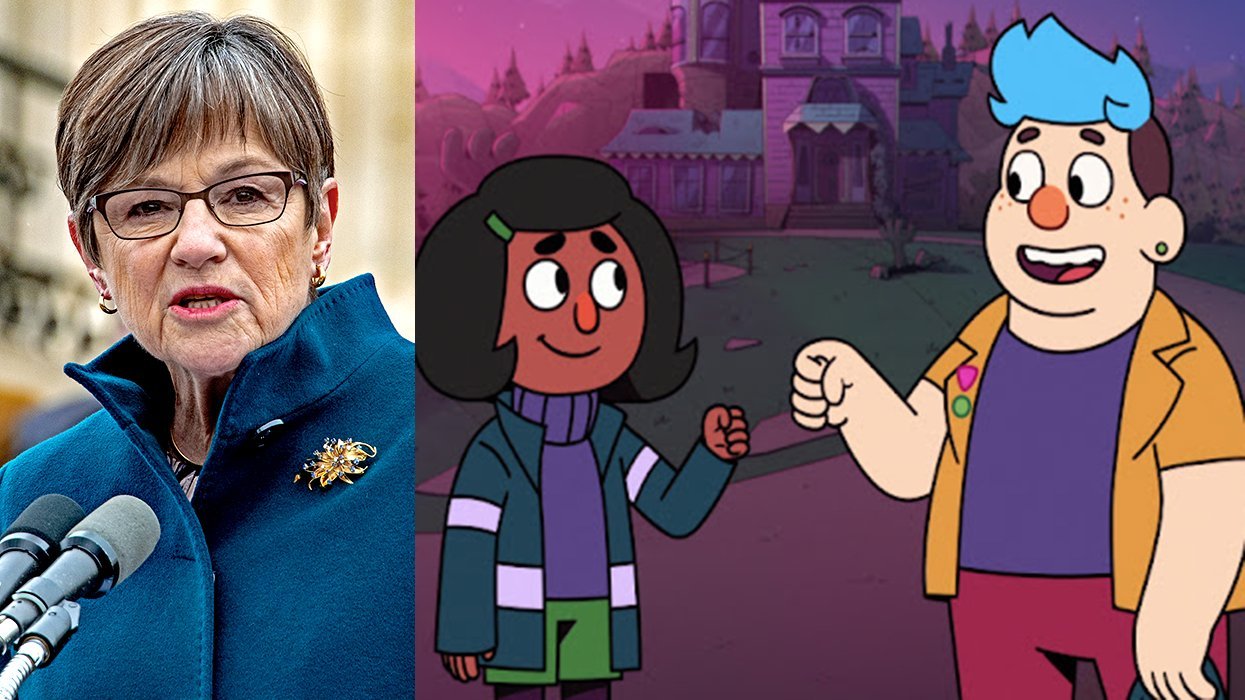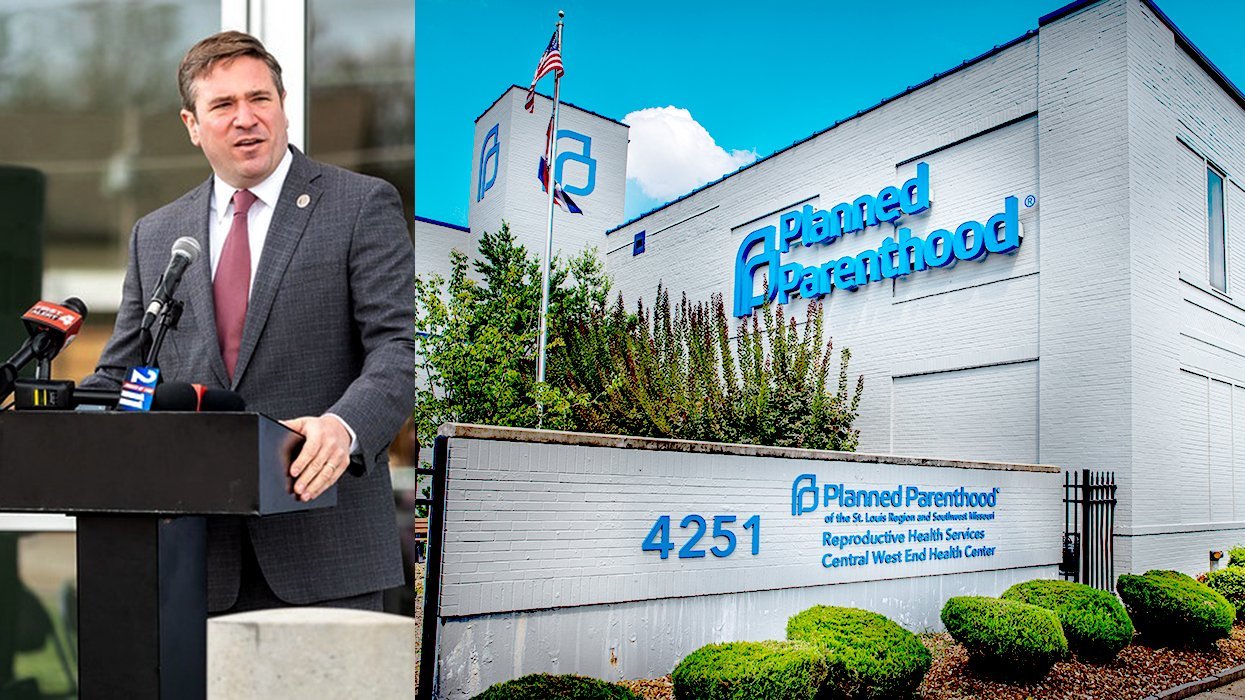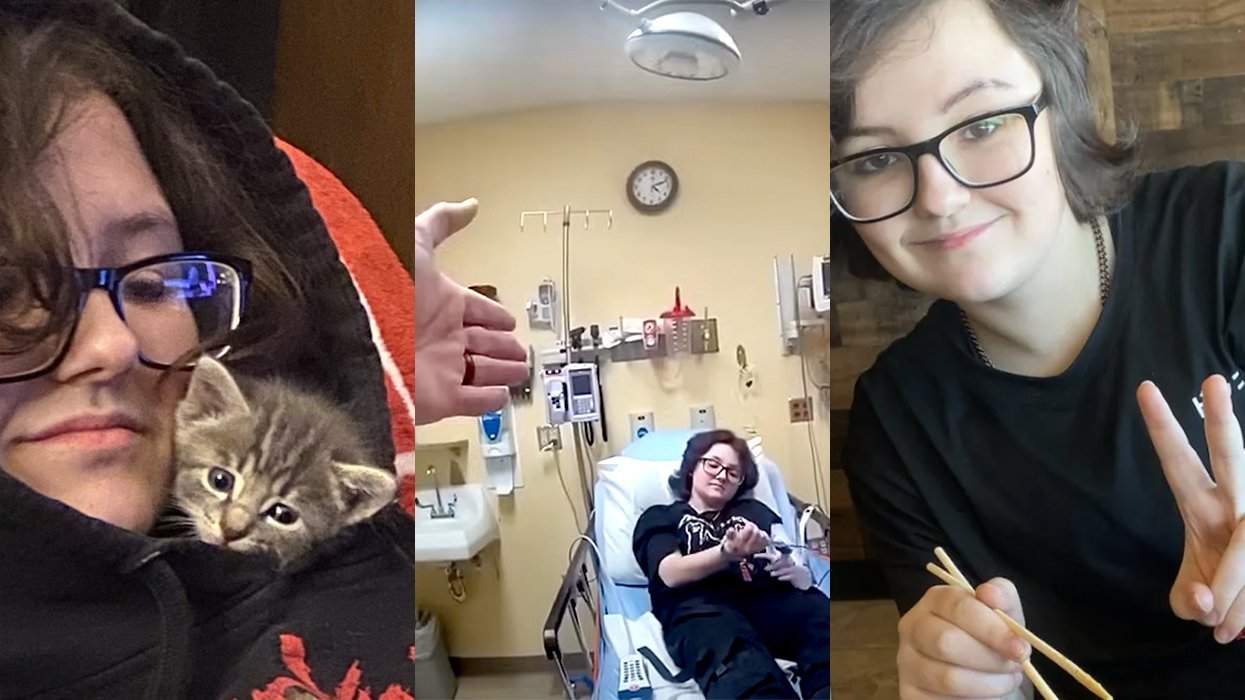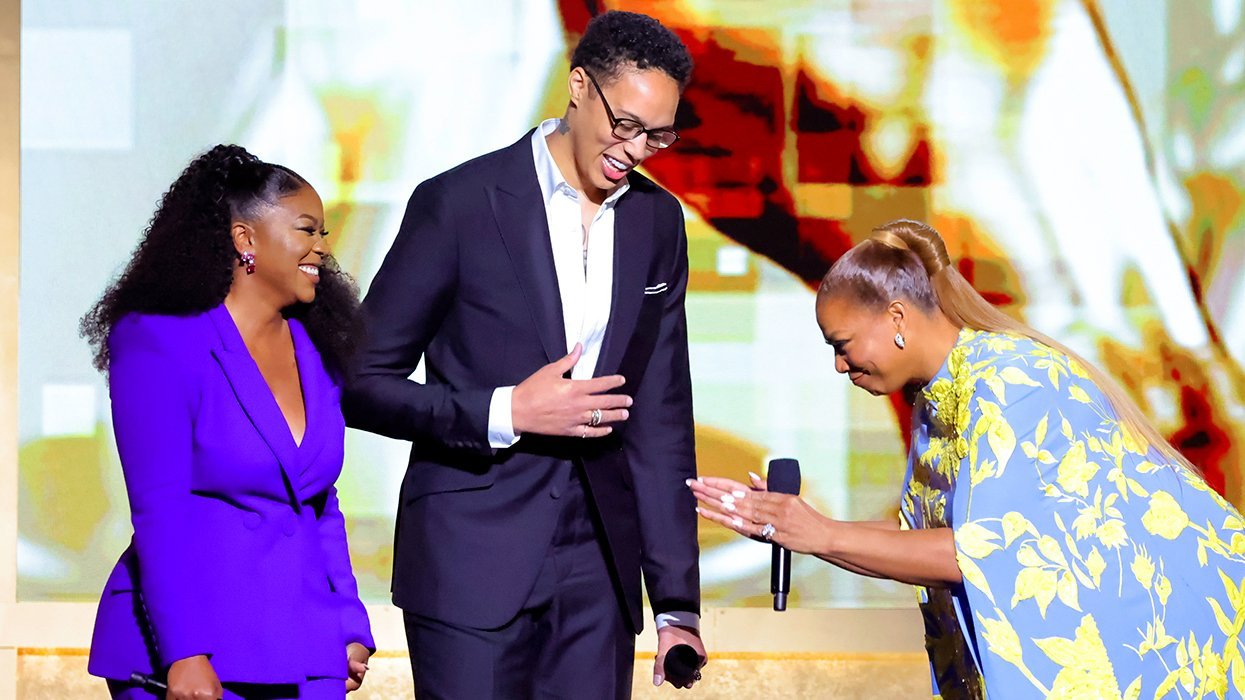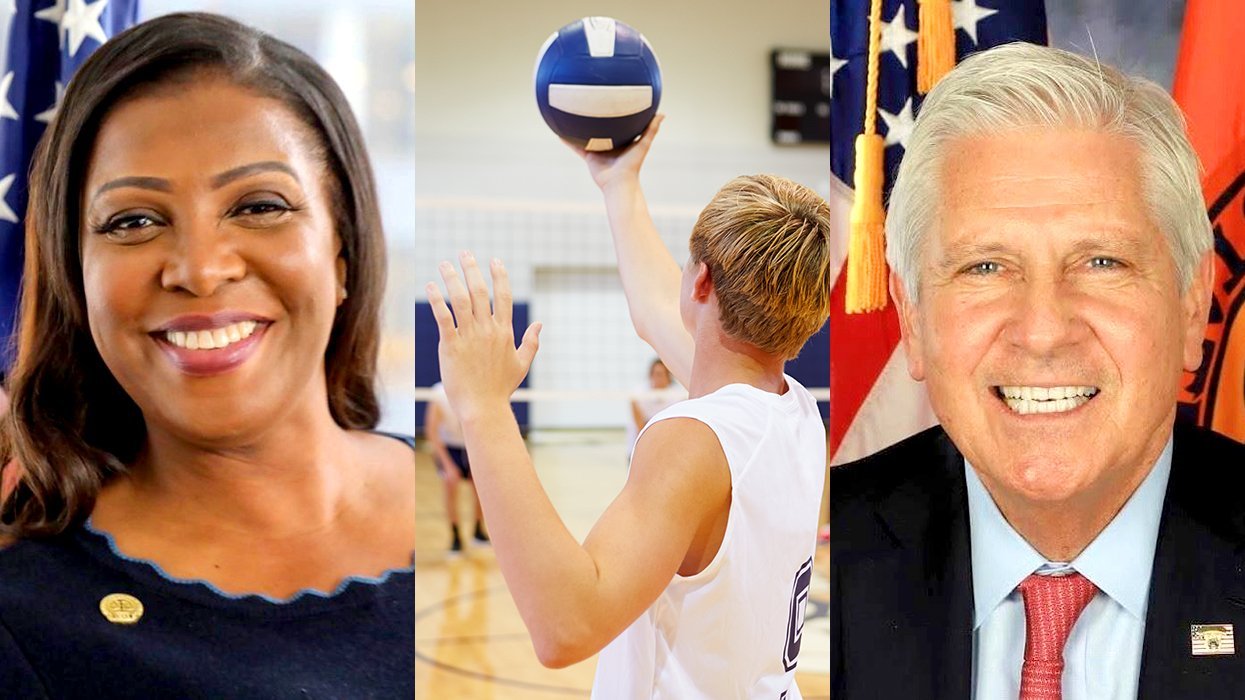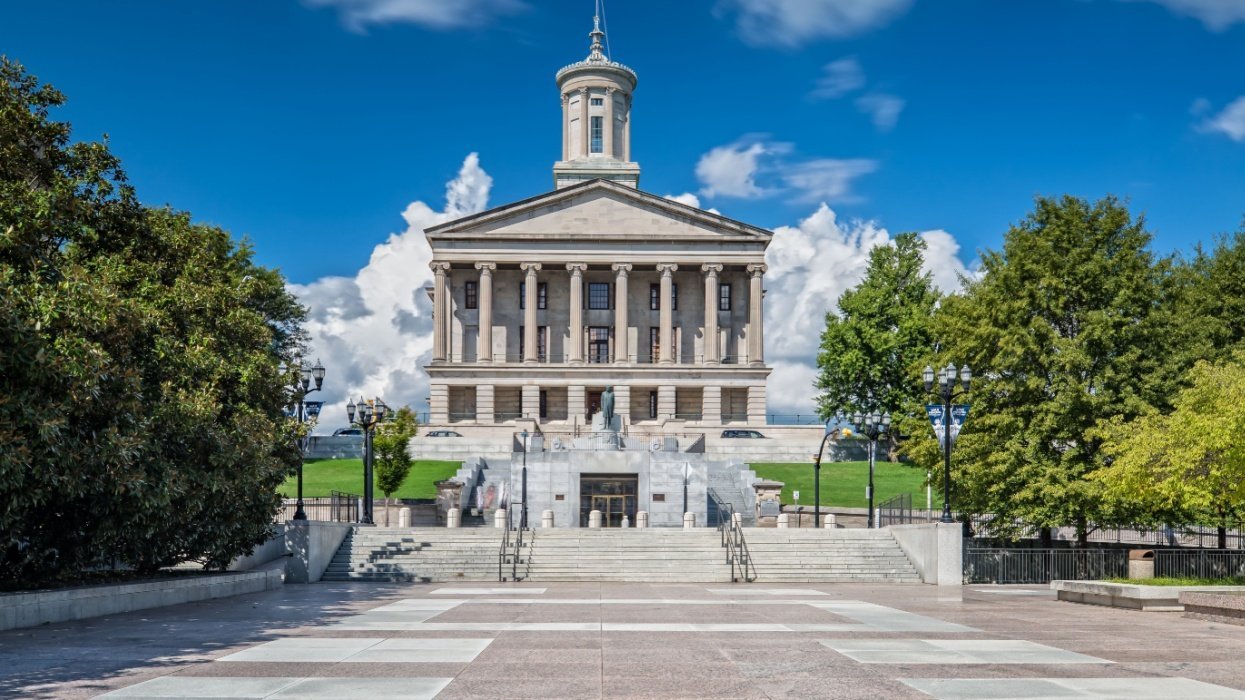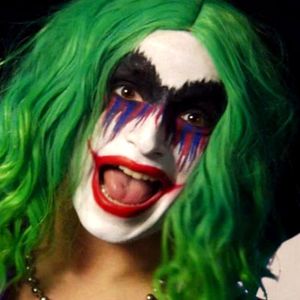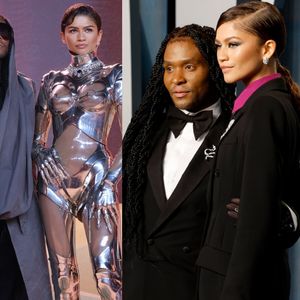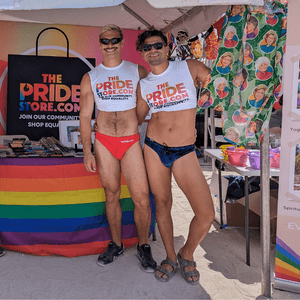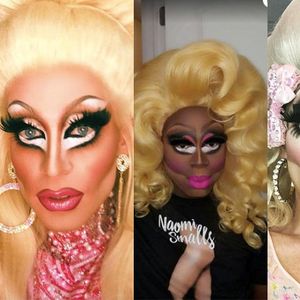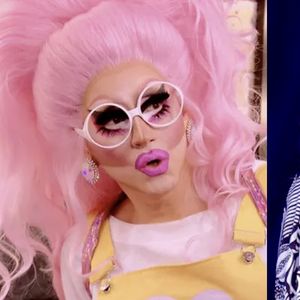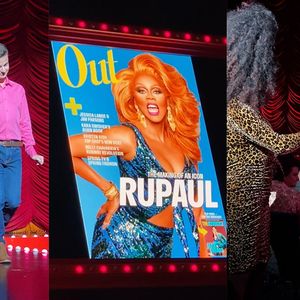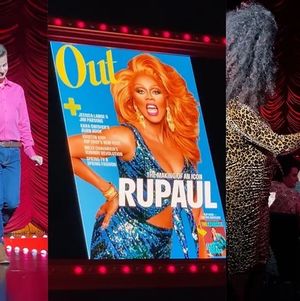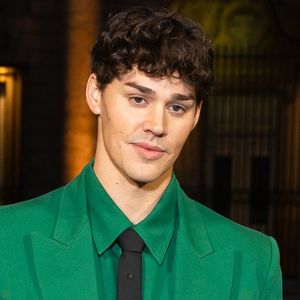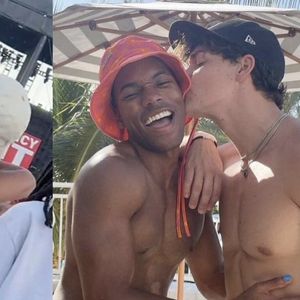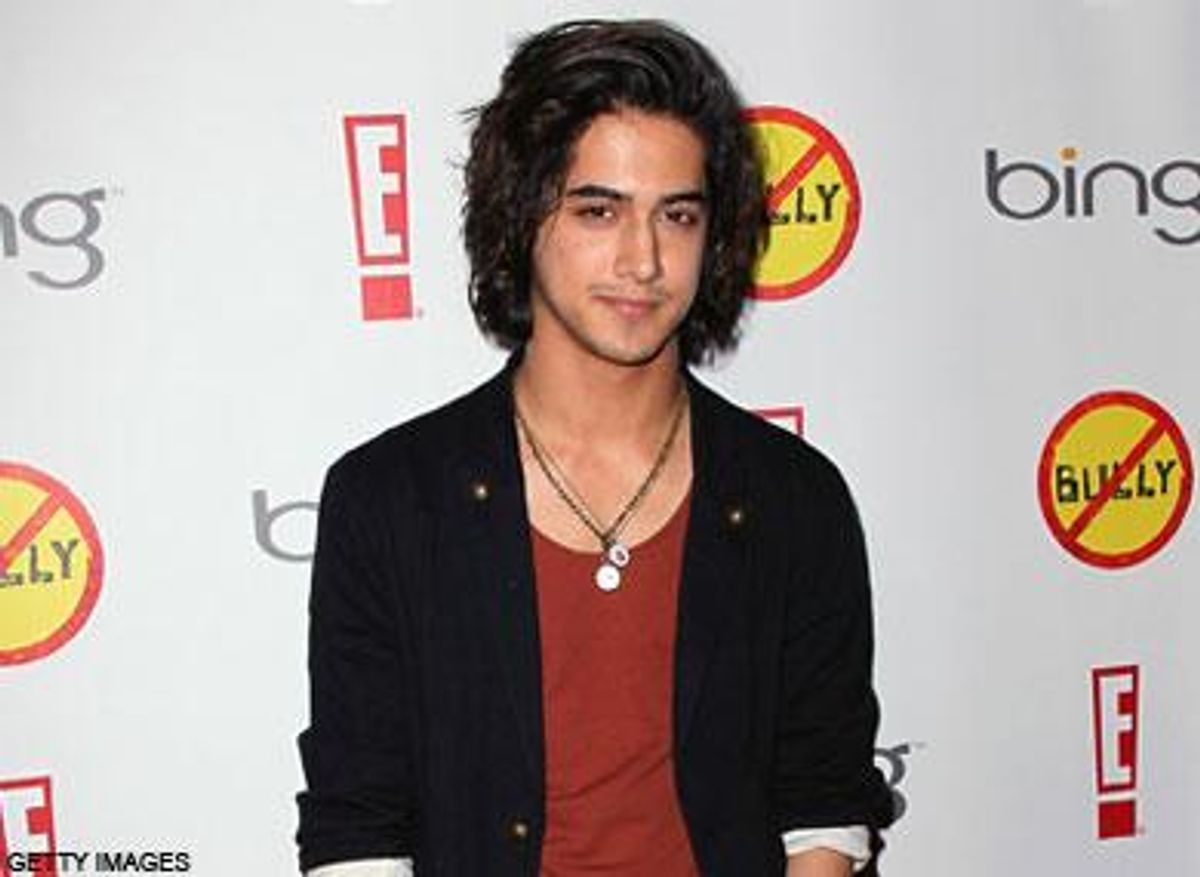
CONTACTStaffCAREER OPPORTUNITIESADVERTISE WITH USPRIVACY POLICYPRIVACY PREFERENCESTERMS OF USELEGAL NOTICE
© 2024 Pride Publishing Inc.
All Rights reserved
All Rights reserved
By continuing to use our site, you agree to our Private Policy and Terms of Use.
First, go see the movie Bully.
Now that my shameless promotion of the film is dispensed with, let me explain why this documentary has become so important to me.
I'm an actor on a show called Victorious on the Nickelodeon network. Its success gives me the opportunity to communicate with teenagers in middle school and high school in a way no other job can. And this has created for me a type of moral dilemma. I wanted to do something with this influence that didn't involve promoting a new clothing line or tweeting about what I had for breakfast. I wanted to do something that would make school a little easier for people who are trying to develop, who want to find out what it is to be the adult versions of themselves. Being newly inducted into the world of adulthood myself (I'm not much older than a lot of the people who watch the show), I understand how hard that development is and it's still fresh in my mind.
While I was growing up, my parents had all types of friends, many of whom were gay. I grew up with gay people being a completely normal part of any dinner party my parents threw. So when I went to school and saw people being isolated and abused for being gay, I was bothered by it personally. Although it was never directly my issue, it's a problem that I always thought I'd like to do something about.
Back in early 2011, the suicide rate of bullied LGBT teens had become highly publicized. Many lives were cut short, and we lost people who, if they had been able to hold on and get out of the shark tank that is school, could have brought so much to our world. It was then I decided I had an obligation to not remain silent. I started a campaign called Straight But Not Narrow. Our message is simple. We are straight men and woman who support our LGBTQ friends and family.
After amassing a number of videos of my friends and others who have lent their support (Josh Hutcherson, Cory Monteith, and Gethin Anthony, to name a few) we launched a campaign to bring awareness that gay equality is not just a gay issue, it's a human issue. I wanted SBNN to transcend being just a celebrity campaign where everyone sits around yelling "Gay is OK!" at a camera, so I and my cofounders, Heather Wilk and Andre Pochon, started working on getting our message into schools and working with gay-straight alliances. The idea has caught on better than I could have hoped. We have had an incredibly warm response to our work. So many straight people are not remaining silent and are standing up for their gay friends. That is the context. That is the reason I have given so much support to Bully.
Although her town had turned on her, Kelby said she wasn't going to go anywhere. She was going to stay and fight. Her strength and resolve resonated with me. You really felt that Kelby could change the mind of the town. After the movie premiere, there was a Q&A, and someone in the audience asked if she had moved out of town. She said she had. Despite Kelby's strength -- and I'm sure she will do amazing things for the world -- she couldn't grow in an environment that made her the constant victim of harassment, ridicule, and lack of empathy. For me that's just it, empathy. Without it, no matter how strong or different you are, you just can't grow.
Another thing the documentary touches on is the inability of teachers and principals to keep the children of this country safe. In a chilling scene, the parents of a bullied child go to the principal looking for justice after their child was beaten on the bus, and instead they are greeted with a Cheshire cat grin and the words "but I've ridden that bus, and those kids are as good as gold." Of course, to say all teachers in America don't have the safety of the children in mind would be a sweeping generality and wrong. But it was true in this situation, and obviously it's true in other cases and a reality for many. A spotlight was also pointed at the parents of children who bully. One parent of a bullied kid parents made a smart point, that you can't control what children are taught at home, but it is the job of the school to keep the kids who attend safe. It is the school's job to instill empathy.
I wasn't bullied much as a kid, but because of the values my parents had instilled in me I couldn't sit idly by and watch people suffer. For people who don't have the parental guidance I was given or who attend schools where the teachers aren't protecting them or guiding them, I think Bully is a welcome dose of empathy for an increasingly ruthless school ground. Which brings me to the next important point of this movie -- the rating. I was a part of the movement on Twitter and elsewhere to get the rating for the movie changed to PG-13 from R. (The film has since been released in Los Angeles and New York without a rating.) Here is the only point I'll make on that subject. The habitat in which the movie takes place is the same habitat that kids in North America and around the world live in every day. Their lives are R-rated. To edit their reality into an hour-and-a-half-long movie that ultimately offers a positive message and not let them see it is unfortunate.
When Bully ended this amazing thing happened, something I think only movies can inspire. It made viewers feel that it was possible to make school a more empathetic place. We are connected in a way we have never been before. For all its faults, this heightened connectivity is a potential conduit for a serious sociological change. There is a feeling in this country and around the world that we have let this issue get away from us, that schools are so anemic of empathy that they will never recover. This movie, if not a cure, is the beginning of a way for us to start to fight back.
AVAN JOGIA plays Beck Oliver on Nickelodeon's Victorious. To learn about the Straight But Not Narrow campaign he cofounded go to WeAreSBNN.com. For more on Bully go to TheBullyProject.com.
Want more breaking equality news & trending entertainment stories?
Check out our NEW 24/7 streaming service: the Advocate Channel!
Download the Advocate Channel App for your mobile phone and your favorite streaming device!
From our Sponsors
Most Popular
Here Are Our 2024 Election Predictions. Will They Come True?
November 07 2023 1:46 PM
17 Celebs Who Are Out & Proud of Their Trans & Nonbinary Kids
November 30 2023 10:41 AM
Here Are the 15 Most LGBTQ-Friendly Cities in the U.S.
November 01 2023 5:09 PM
Which State Is the Queerest? These Are the States With the Most LGBTQ+ People
December 11 2023 10:00 AM
These 27 Senate Hearing Room Gay Sex Jokes Are Truly Exquisite
December 17 2023 3:33 PM
10 Cheeky and Homoerotic Photos From Bob Mizer's Nude Films
November 18 2023 10:05 PM
42 Flaming Hot Photos From 2024's Australian Firefighters Calendar
November 10 2023 6:08 PM
These Are the 5 States With the Smallest Percentage of LGBTQ+ People
December 13 2023 9:15 AM
Here are the 15 gayest travel destinations in the world: report
March 26 2024 9:23 AM
Watch Now: Advocate Channel
Trending Stories & News
For more news and videos on advocatechannel.com, click here.
Trending Stories & News
For more news and videos on advocatechannel.com, click here.
Latest Stories
A Republican mom and her transgender son open up about unconditional love and acceptance
April 16 2024 6:00 AM
Supreme Court lets Idaho enforce law criminalizing gender-affirming care for minors
April 15 2024 8:47 PM
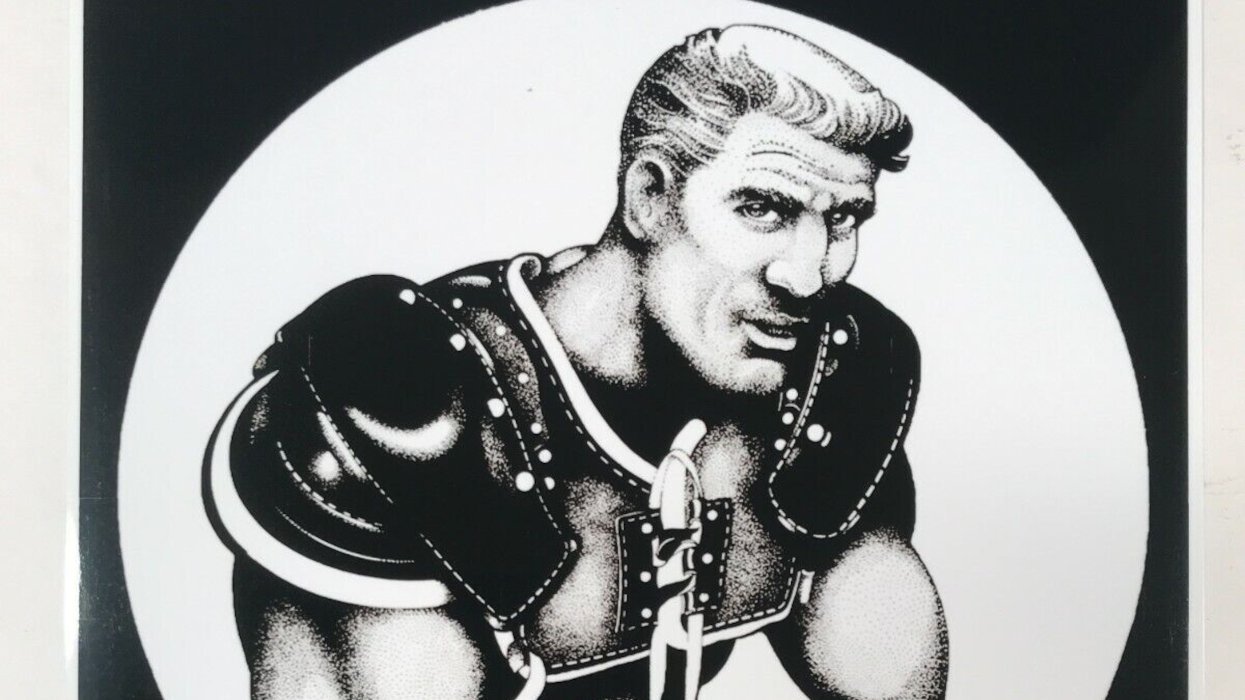
Plus
Yahoo FeedGay fetish artist Rex has died — see some of his sexy work
April 15 2024 8:13 PM
Brittney Griner and her wife, Cherelle, are expecting! Here's when baby Griner is arriving
April 15 2024 12:52 PM
Tennessee Senate passes bill making 'recruiting' for trans youth care a felony
April 14 2024 11:17 AM





















